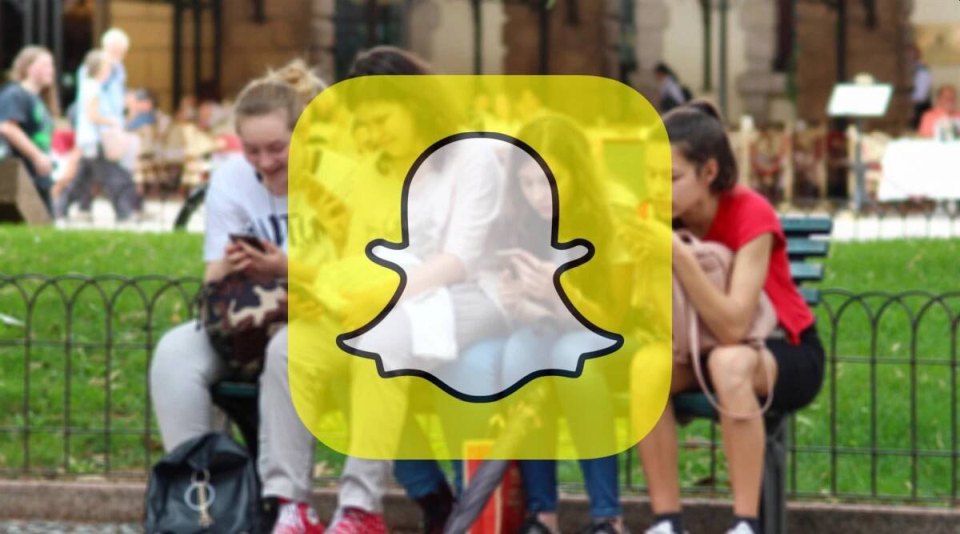Snap launches A.I. chatbot powered by OpenAI’s GPT

The sudden popularity of ChatGPT has sparked a new AI revolution as it dominates the headlines with no sign of slowing down. The world’s obsession with the OpenAI chatbot reaches a new level waves garnering over 100 million users in less than three months since its launch, causing tech companies including Microsoft to integrate AI-powered chatbots in its Bing browser.
The latest is Snap, the parent company of the social media platform Snapchat. Today, Snap announced it is rolling out an experimental chatbot rolling out an OpenAI-powered chatbot named My AI to some of its Snapchat+ subscribers. Snapchat+ was an advanced photo-sharing app announced in June and costs $3.99 per month.
In a news release, Snap said that My AI chatbot, which is based on the same underlying technology of Microsoft’s Bing AI, can recommend gift ideas, weekend plans, or recipes.
“Today we’re launching My AI, a new chatbot running the latest version of OpenAI’s GPT technology that we’ve customized for Snapchat. My AI is available as an experimental feature for Snapchat+ subscribers, rolling out this week. My AI can recommend birthday gift ideas for your BFF, plan a hiking trip for a long weekend, suggest a recipe for dinner, or even write a haiku about cheese for your cheddar-obsessed pal. Make My AI your own by giving it a name and customizing the wallpaper for your Chat,” Snap said.
Snap also added that users can customize the name and chat background of the “experimental feature.” But Snap also warned in the news release that its My AI chatbot “can be tricked into saying just about anything.”
“As with all AI-powered chatbots, My AI is prone to hallucination and can be tricked into saying just about anything. Please be aware of its many deficiencies and sorry in advance! All conversations with My AI will be stored and may be reviewed to improve the product experience. Please do not share any secrets with My AI and do not rely on it for advice.”
In an interview with the Verge, Spiegel was similarly sanguine. “The big idea is that in addition to talking to our friends and family every day, we’re going to talk to AI every day,” he said.
Founded in 2011 by Evan Spiegel, Snapchat lets anyone easily talk with friends, and view Live Stories from around the world. Its messaging app popular in North America and Europe created by Evan Spiegel, Bobby Murphy, and Reggie Brown, former students at Stanford University, and developed by Snap Inc.
The ChatGPT soared in popularity after its release on November 30, 2022. The OpenAI’s AI-powered chatbot could do virtually everything from writing poetry, and correcting coding mistakes with detailed examples, to generating AI art prompts. It can even explain the worst-case time complexity of the bubble sort algorithm.
In just two months, ChatGPT reached 100 million monthly active users in January, making it the fastest-growing consumer application in history. Last week, the company announced it was launching ChatGPT Plus, a $20 per month pilot subscription plan for its popular AI-powered chatbot. The sudden success of ChatGPT has put more pressure on other tech companies including Google, Baidu, and Alibaba.
ChatGPT is a dialogue-based AI chat interface for its GPT-3 family of large language models. The mind-blowing ChatGPT is a successor to the Generative Pre-trained Transformer 3 (GPT-3), which is an autoregressive language model that uses deep learning to produce human-like text.
ChatGPT was adapted from the GPT-3.5 model but trained to provide more conversational answers. However, unlike the GPT-3, the new ChatGPT demonstrates an array of new capabilities including the ability to engage in conversations with users, write software codes, tell stories, and provide solutions to complex mathematical equations. The beauty of it all is that you can test out the new chatbot for yourself right here.




